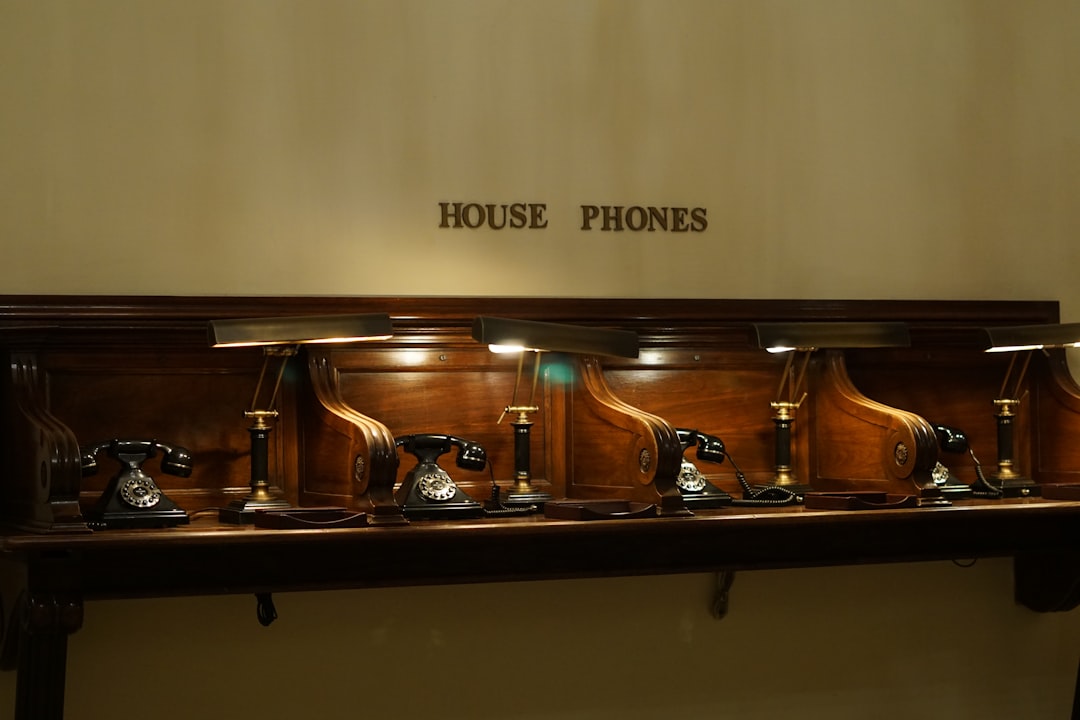Brookston, Indiana, introduces "Brookstons Barrier," an advanced text verification process to combat spam messages using algorithms and databases. This initiative, led by legal experts including Spam Text Attorney Indiana, prioritizes citizens' digital safety, reduces unwanted texts, and sets a standard for online security. By navigating legal complexities with specialized attorneys, Brookston protects residents from spam-related issues and establishes a powerful deterrent for senders.
“Brookston’s innovative solution, the City-Wide Text Verification Process, stands as a ‘game changer’ in tackling the pervasive issue of spam text messages. This local initiative, known as Brookstons Barrier, aims to protect citizens in Indiana by implementing robust verification systems. With an increasing number of spam and phishing attempts through text, this article explores the impact and legal considerations. Discover how attorneys can play a crucial role in combating spam texts in Indiana, ensuring citizen safety and privacy.”
Understanding Brookston's Barrier: A Local Approach to Text Verification

Brookston, a city in Indiana, has taken a proactive step toward combating a growing concern—spam text messages. The local government, in collaboration with legal experts and tech specialists, has developed an innovative solution: a city-wide text verification process. This initiative, known as “Brookstons Barrier,” aims to protect residents from unwanted and potentially harmful spam texts, ensuring that only legitimate communications reach citizens’ devices.
The barrier system works by implementing advanced algorithms and databases to verify the authenticity of incoming text messages. Every text sent within the city limits will undergo a rigorous check, ensuring it doesn’t originate from spam bots or unauthorized sources. This local approach to text verification not only enhances the safety of residents but also empowers them to take control of their digital communication. By partnering with a reputable Spam Text Attorney Indiana, Brookston has established a robust defense against cyber threats, setting an example for other cities to follow in creating safer digital environments.
The Impact on Indiana: Combating Spam and Protecting Citizens

Brookston’s decision to implement a city-wide text verification process is a bold step forward in the fight against spam text messages, significantly enhancing the lives of its citizens. Indiana residents often bear the brunt of unwanted and malicious spam texts, which can range from promotional content to phishing attempts and even harassment. By adopting this system, Brookston becomes a leader in protecting its community from these digital nuisances.
This verification process ensures that only authorized communicators can send text messages to city residents, making it easier for citizens to know who is reaching out. This measure empowers Indiana’s citizens by giving them control over their communication channels and safeguarding them from potential legal issues arising from spam text messages. With such proactive measures, Brookston sets a new standard for digital safety and security in the state.
Legal Perspectives: How Attorneys Can Assist in Implementing Effective Systems

Implementing a city-wide text verification process, like Brookston’s Barrier, involves navigating complex legal landscapes. Attorneys specializing in telecommunications law can play a pivotal role in ensuring compliance with regulations governing message content and delivery. They assist in drafting clear terms of service and privacy policies to safeguard against potential spam text lawsuits, which are prevalent in Indiana and across the nation.
These legal experts help establish guidelines for consumer consent, opt-out mechanisms, and data protection protocols. By leveraging their knowledge of federal laws like TCPA (Telecommunications Consumer Protection Act) and state-specific regulations, attorneys can protect both the city’s interests and its residents from unsolicited or abusive text messages. This proactive approach not only prevents legal issues but also fosters public trust in the new verification system.






